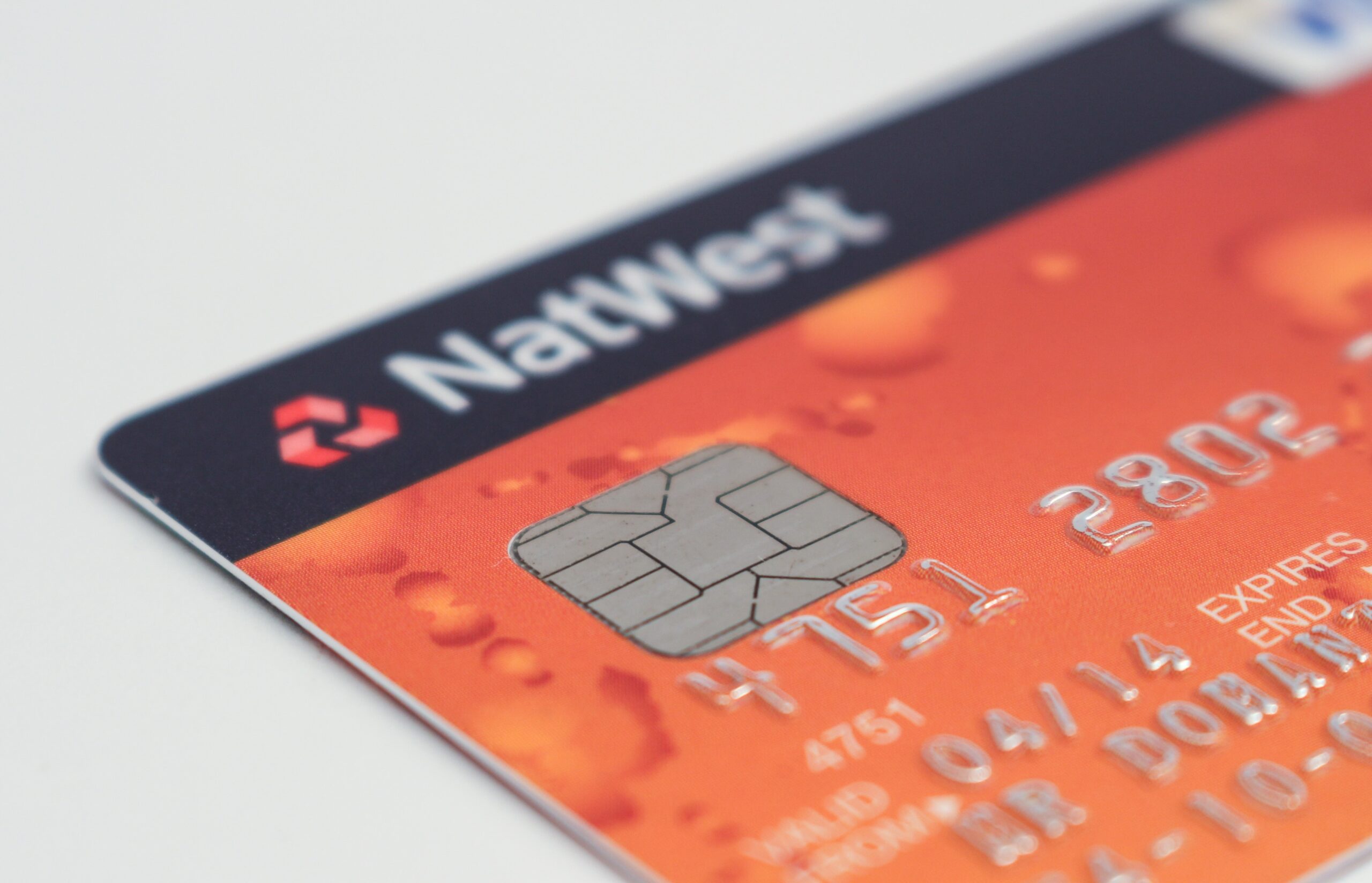Bailiffs can visit your home if you fail to repay your debts. By the time a bailiff is dispatched, creditors would have tried to make contact with you numerous times. They may have sent debt letters or a County Court Judgement (CCJ) may have already been issued.
Nevertheless, it’s important for you to know your rights and things that Bailiffs can and can’t do. It will stop them from taking advantage of you.
This blog post will tell you what bailiffs in the UK are, what they do if they visit and what they can and can’t do.
What are Bailiffs
A bailiff is an enforcement agent that has the legal right to collect debts on behalf of a company or council. They can visit your home, take your belongings and sell them in order to pay the debts.
Bailiffs collect a wide variety of debts. They also collect County Court judgments (CCJs), council tax arrears, parking fines, and child maintenance arrears.
As stated above, a creditor would have tried to make contact several times prior to Bailiffs being dispatched. There are lots of ways you can pay off your debts, to prevent things from getting to this point.
A Bailiff is often sent to your house if the court orders it. But if you owe money to HM Revenue & Customs, then bailiffs can be dispatched without any court action.
Before a bailiff is dispatched, they will send a letter, notifying you. This letter is called a “notice of enforcement”. You have to respond to this letter within 7 working days. If you don’t contact them and make arrangements to pay the debt, then Bailiffs will visit your home.
What to Do When a Bailiff Comes to Your Home
When a bailiff arrives at your door, you don’t have to let them in. They can’t forcibly enter your home by pushing or forcing the door open.
You should ask to see their Identification and proof of the company they work for. Also ask to see the notice of enforcement letter. The letter should list all the debts you owe. You should take your time to look through the documentation thoroughly.
This information can be passed through the letter box. If they cannot provide sufficient proof of identity, tell them to leave and call the police if they refuse to go.
The bailiff may ask to enter your home. This is because they want to look at your possessions and see what can be sold. But you are under no obligation to let them in and you can carry out discussions through the door or window.
If you let them into your home, they will look at valuable possessions that they are allowed to take. They make a list but don’t normally take items straight away.
Any items taken are sold at auction. The money from the auction will be taken off the debt. The only bailiffs allowed to use force are those from HM Revenue & Customs.
You may be offered the choice of a payment plan or to pay the debt in full there and then. If you opt for the payment plans and they refuse your offer, then contact the creditor directly.
What Bailiffs Can’t Do
- Can only Visit you after sending you a notice of enforcement.
- Can’t force entry into your home – They must enter peacefully with your consent. There are bailiffs who can force entry, but only as a last resort, with permission from the court.
- If there’s a vulnerable or underage person in the house – If there’s someone under age of 16. Or if a adult is vulnerable e.g. They have a learning disability or are self isolating
- They can’t visit between 9pm and 6am
- The only way they can enter is through the door, not windows.
- They can’t take items you don’t own – You may have to prove that the items don’t belong to you
- Can’t take work tools that are valued at less than £1350 – You can’t work otherwise you can’t work,
- They can’t take essential items such as a cooker, beds, clothes, phone fridge and other essentials
What they Can Do
- They can take items that are outside your house e.g. your car. But they can’t take lease, finance or company cars, as you don’t own them.
- HM Revenue & Customs bailiffs can force entry into your house.
- They can take furniture, jewellery, TV, games consoles
- They can create a Controlled Goods Agreement. This is an agreement which states that you will pay the debts as part of a payment plan. If you fail to keep up with it, the bailiff may return and seize the rest of your goods
Conclusion
Being in debt is challenging. If you ignore creditor letters, then court action and bailiffs may be dispatched. It’s important for you to know your rights, in the event that one does visit. There are many things bailiffs can and can’t do but there are solutions to prevent the situation from escalating.


